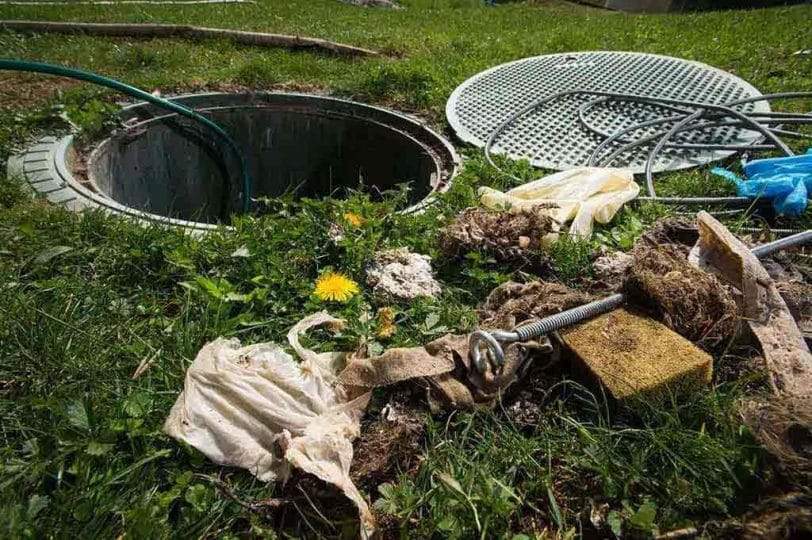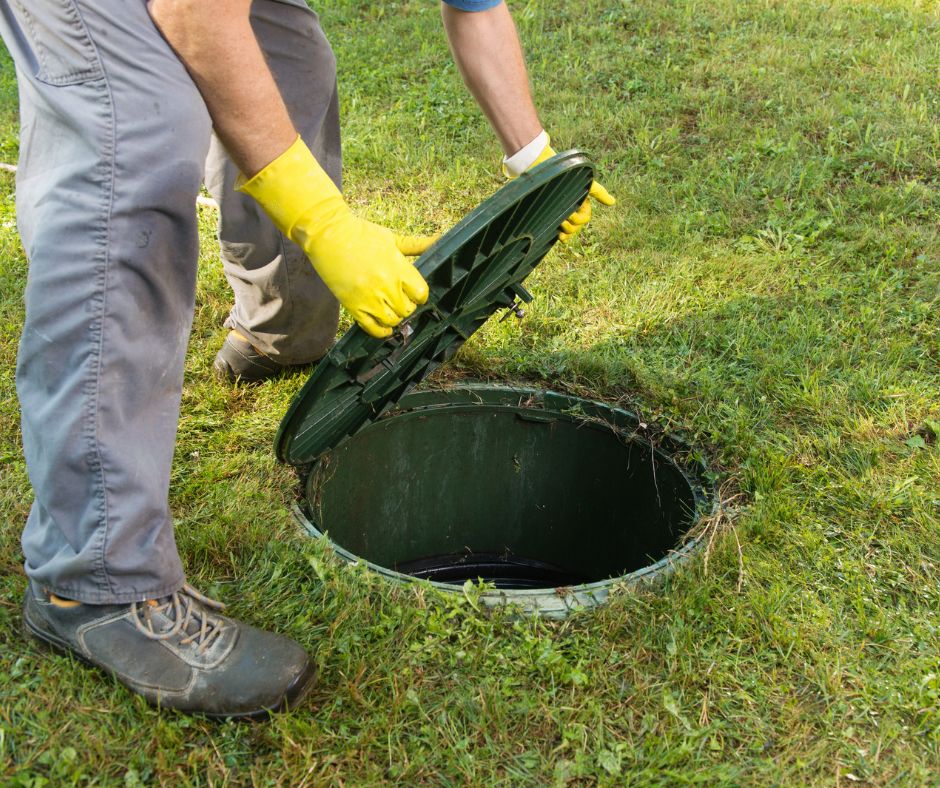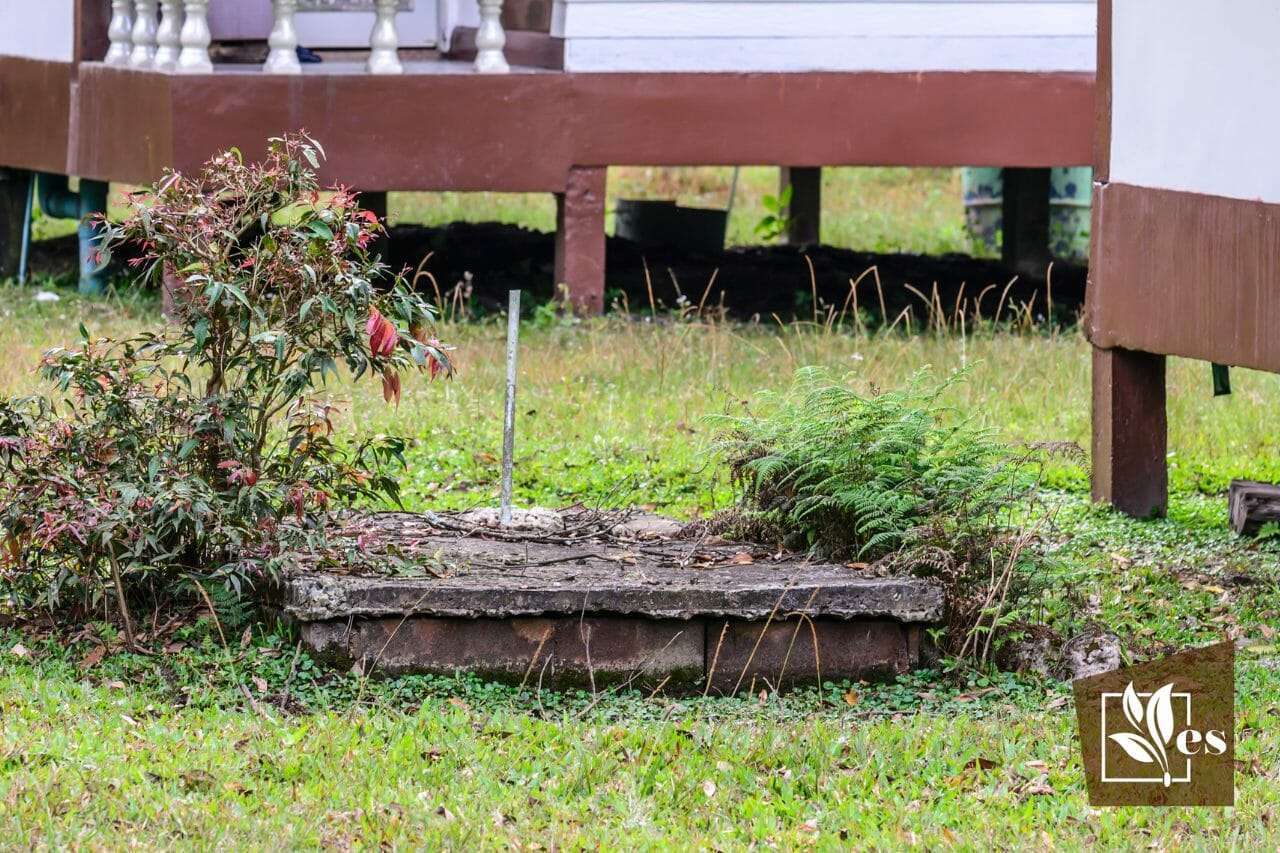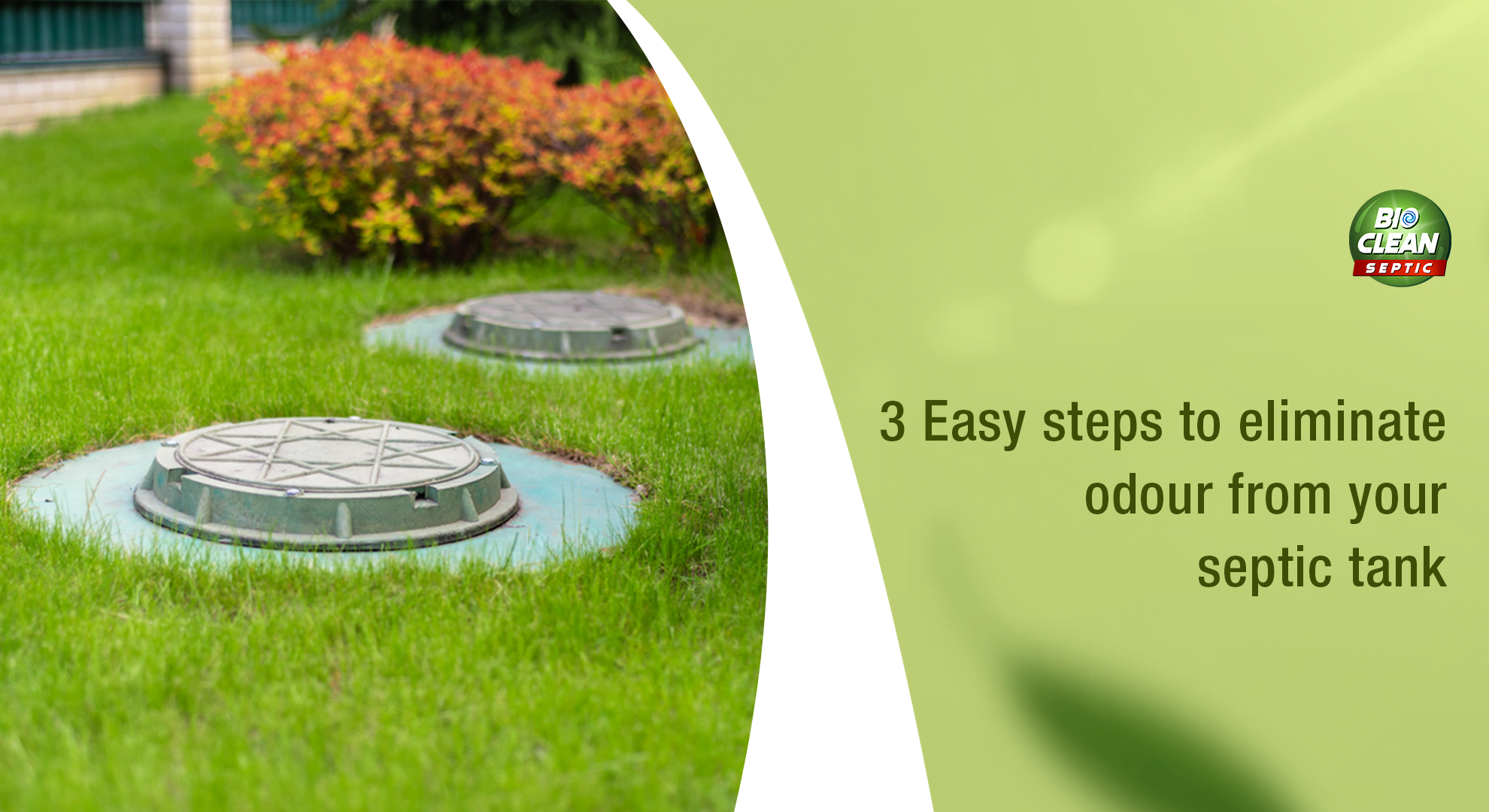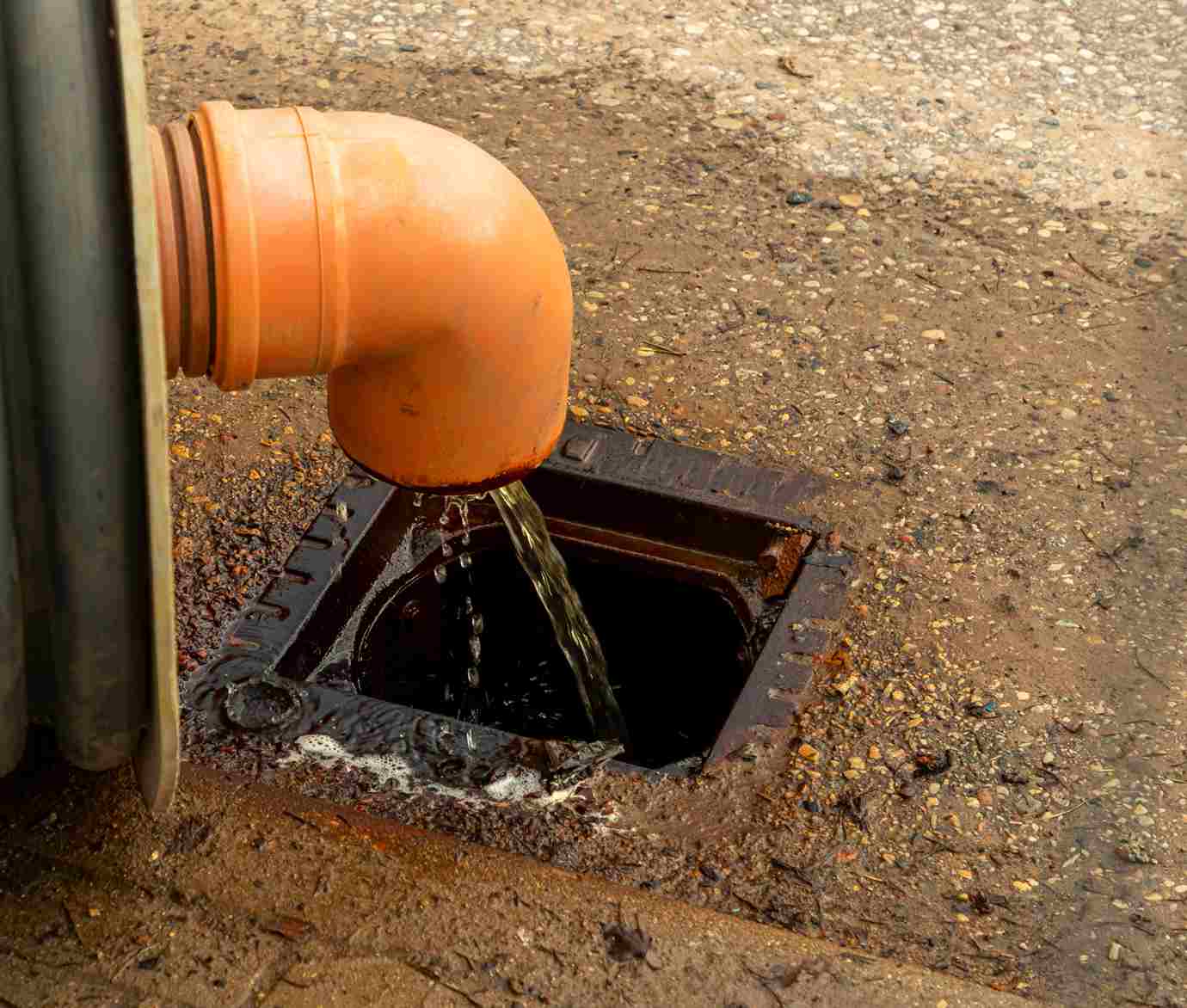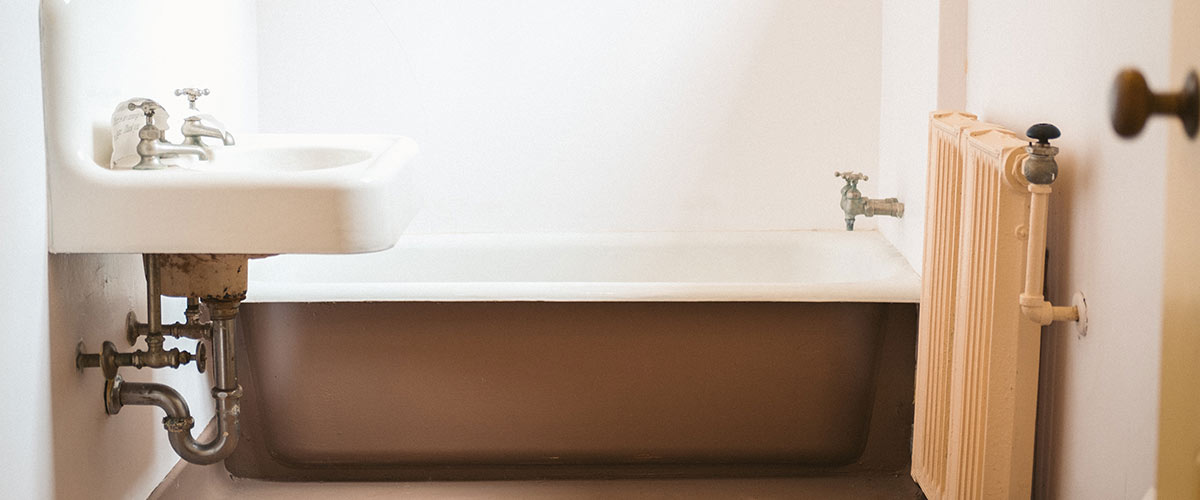
Banishing That Pesky Septic Smell: A Guide to a Fresher Home
Okay, let's talk about something nobody *really* wants to talk about: that awful septic smell creeping into your home. It's embarrassing, unpleasant, and frankly, a bit alarming. But before you panic and start calling every plumber in the phone book (and emptying your wallet), let's tackle this together. I've been there, smelled that, and I'm here to share some practical, effective tips to get rid of that septic stench for good.Understanding the Source of the Stink
Before we jump into solutions, let's quickly understand why this happens. That unpleasant odor is usually hydrogen sulfide gas, a byproduct of the bacteria breaking down waste in your septic tank. This gas can escape through various points, including:Leaks and Cracks:
Think of your septic system as a plumbing system, only… dirtier. Cracks or leaks in the tank itself, the pipes leading to it, or even in the vent pipe can allow the gas to escape and find its way into your house. This is the most serious situation and requires professional attention.
Poor Ventilation:
Your septic system needs to breathe, just like you and me! A clogged or improperly functioning vent pipe can create a buildup of pressure, forcing the gas to find alternative escape routes â€" often inside your home.
Dry Soil:
Believe it or not, the condition of the soil surrounding your septic tank plays a role. Dry soil can’t absorb the liquid from the drainage field as efficiently, potentially leading to gas buildup and backflow.
Plumbing Issues:
Sometimes, the problem isn't the septic tank itself, but a blockage or leak in your home's plumbing system. A clogged drainpipe can cause sewage to back up, leading to that unmistakable smell.
Tackling the Smell: Practical Solutions
Now that we've identified the potential culprits, let’s get down to business and banish that smell! Here's a tiered approach, starting with the easiest solutions and progressing to more involved ones.Simple, Quick Fixes:
Before you call a professional, try these simple steps. They might just solve your problem:
- Check your drains: Are any slow-draining or completely clogged? A simple plunger or drain snake might be all you need. Remember to always wear gloves and eye protection when dealing with drains.
- Inspect your vent pipe: Is it clear of obstructions? Birds’ nests or debris can block the vent, causing pressure to build up. Clear any obstructions carefully and safely.
- Air it out: Open windows and doors to improve ventilation. The more fresh air circulating, the less likely the septic smell will linger.
- Use baking soda and vinegar: Pour a cup of baking soda down the drain, followed by a cup of vinegar. Let it fizz for about 30 minutes, then flush with hot water. This helps break down organic matter that might be contributing to the odor.
- Try an enzymatic cleaner: These cleaners contain bacteria that help break down organic waste, reducing the smell at the source. Follow the product instructions carefully.
More Involved Solutions:
If the simple fixes don't work, it's time to consider more involved solutions:
- Check your septic tank regularly: Get it pumped every 2-3 years, or as recommended by your local septic service provider. A full tank can easily lead to backups and odors.
- Inspect your leach field: Your leach field (drain field) is where the treated wastewater from your septic tank is dispersed. If it's damaged or saturated, it can contribute to foul smells. This inspection should be done by a professional.
- Consider a septic tank filter: These filters help trap solids and prevent them from clogging your drain field, reducing the chance of backups and odors.
- Water your lawn regularly: Keeping the soil around your septic system moist helps the system function more efficiently and reduces the risk of gas buildup. This is especially important during dry spells.
- Avoid overloading your system: Avoid pouring grease, chemicals, or excessive amounts of waste down your drains. These can overwhelm your system and contribute to odor problems.
When to Call a Professional:
While many septic smell issues can be addressed with DIY solutions, some require professional help. Call a septic service provider if:
- You suspect a leak or crack in your septic tank or pipes.
- The smell is persistent and doesn't improve after trying other methods.
- You notice sewage backing up in your drains or toilets.
- You're unsure about the condition of your septic system.
Preventing Future Septic Smell Problems
Prevention is always better than cure! Here's how to keep that septic smell at bay:- Regular maintenance: Schedule regular septic tank pumping and inspections to catch problems early.
- Responsible drain usage: Avoid flushing inappropriate items down the toilet or pouring grease down the drains.
- Monitor your system: Pay attention to any changes in drainage, water usage, or unusual smells.
- Educate your household: Make sure everyone in your home understands the importance of proper drain usage.
Frequently Asked Questions
Q: What does a septic system smell like?
A: The smell is usually described as a pungent, rotten-egg smell, due to the presence of hydrogen sulfide gas. It's a distinct, unpleasant odor that's hard to mistake.
Q: How often should I pump my septic tank?
A: The frequency depends on several factors, including the size of your tank, the number of people in your household, and your water usage. Generally, pumping every 2-3 years is a good rule of thumb, but it's best to consult with a septic service professional for a personalized recommendation.
Q: Can I use bleach to get rid of the smell?
A: While bleach might seem like a quick fix, it's not recommended for septic systems. Bleach can actually kill the beneficial bacteria that help break down waste in your tank, potentially causing more problems in the long run.
Q: My septic system is old. Should I be worried?
A: Older septic systems are more prone to problems like leaks and cracks. Regular inspection and maintenance are crucial to prevent issues and potential odors. Consider scheduling a professional inspection to assess the condition of your system.
Q: How much does septic tank pumping cost?
A: The cost of septic tank pumping varies depending on your location and the size of your tank. It's best to get quotes from several septic service providers in your area to compare prices.
Remember, dealing with septic smells can be unpleasant, but by following these tips and understanding your system, you can create a fresher, healthier home environment. Don't hesitate to reach out to a professional if you're unsure about anything â€" it's always better to be safe than sorry when dealing with your septic system!